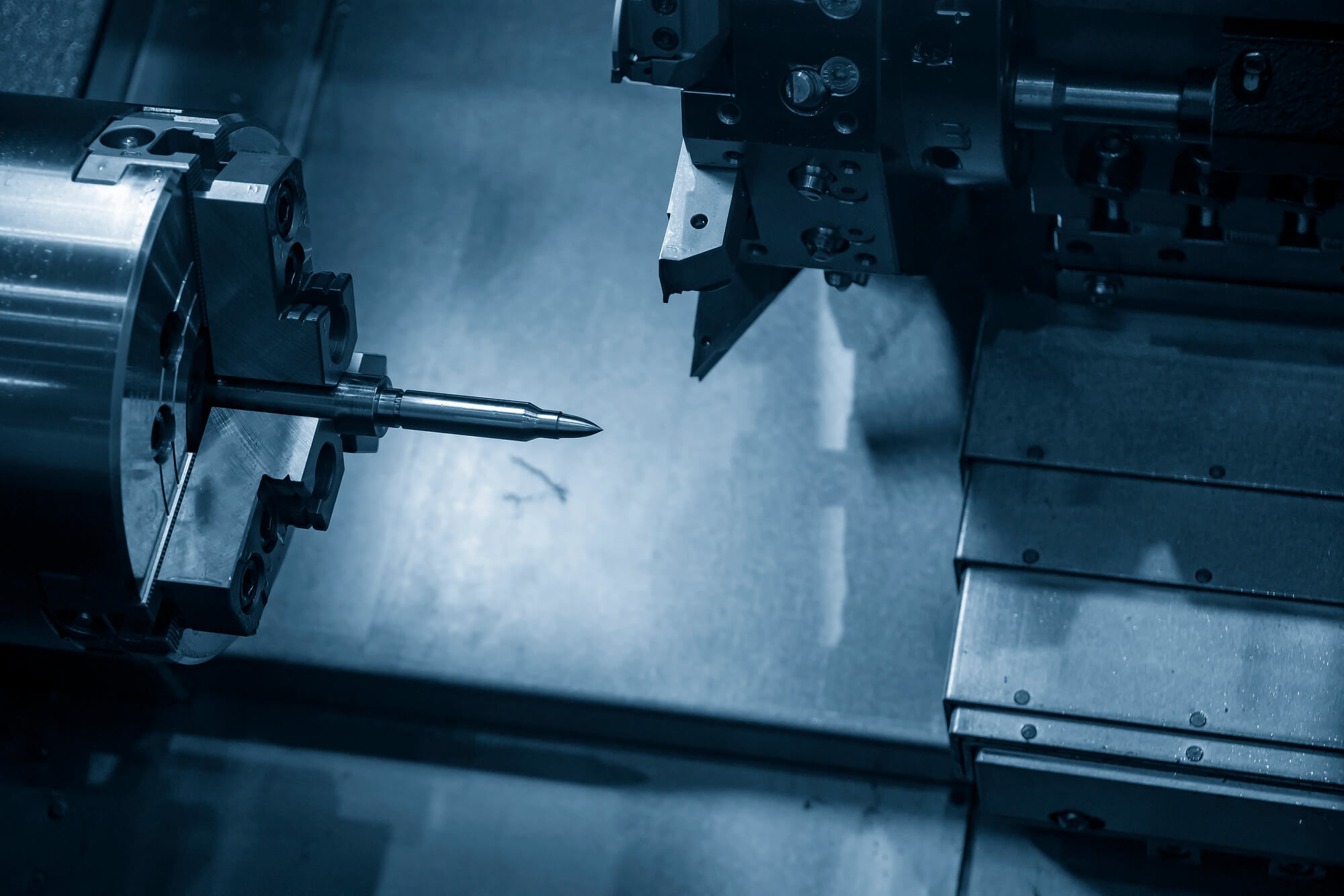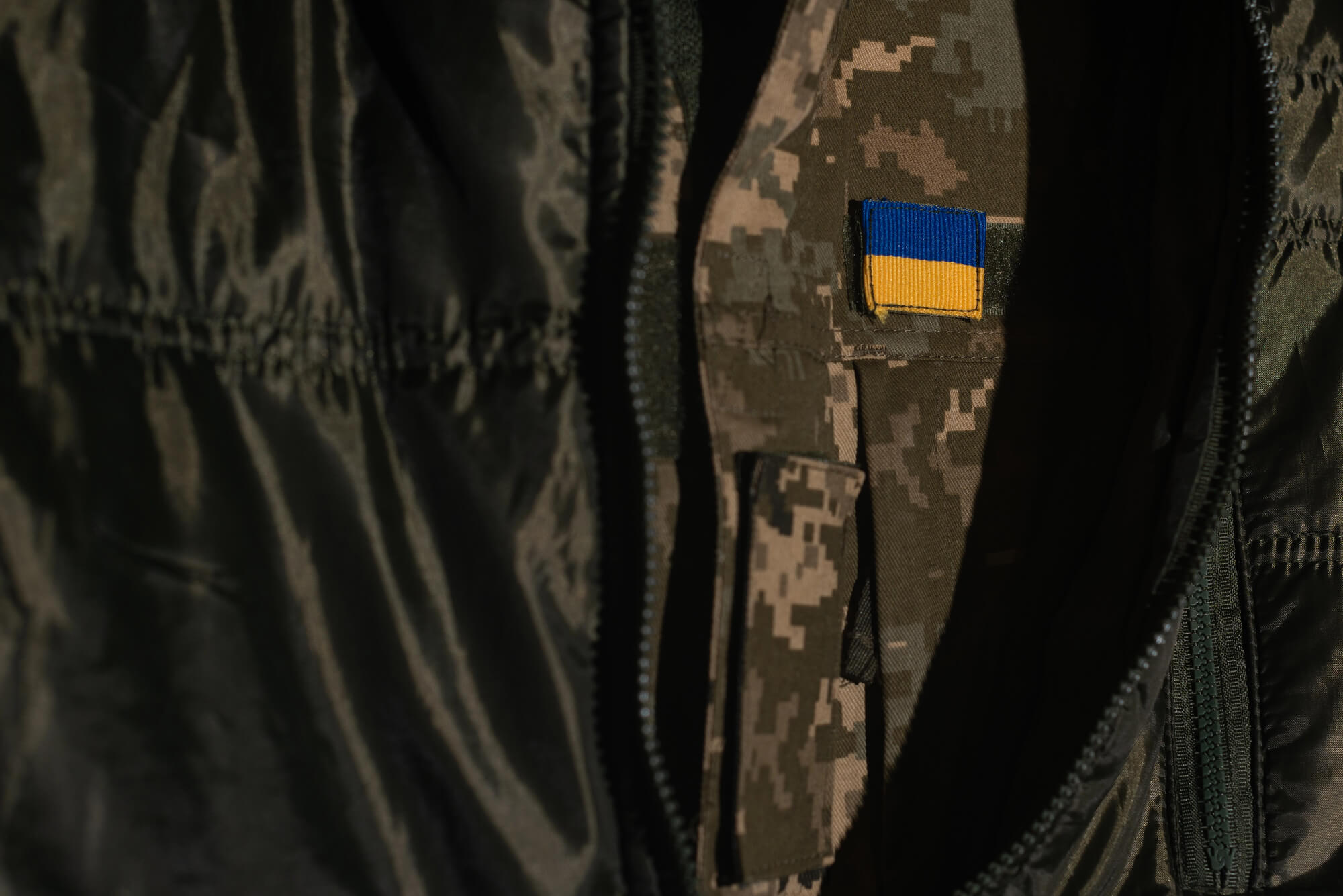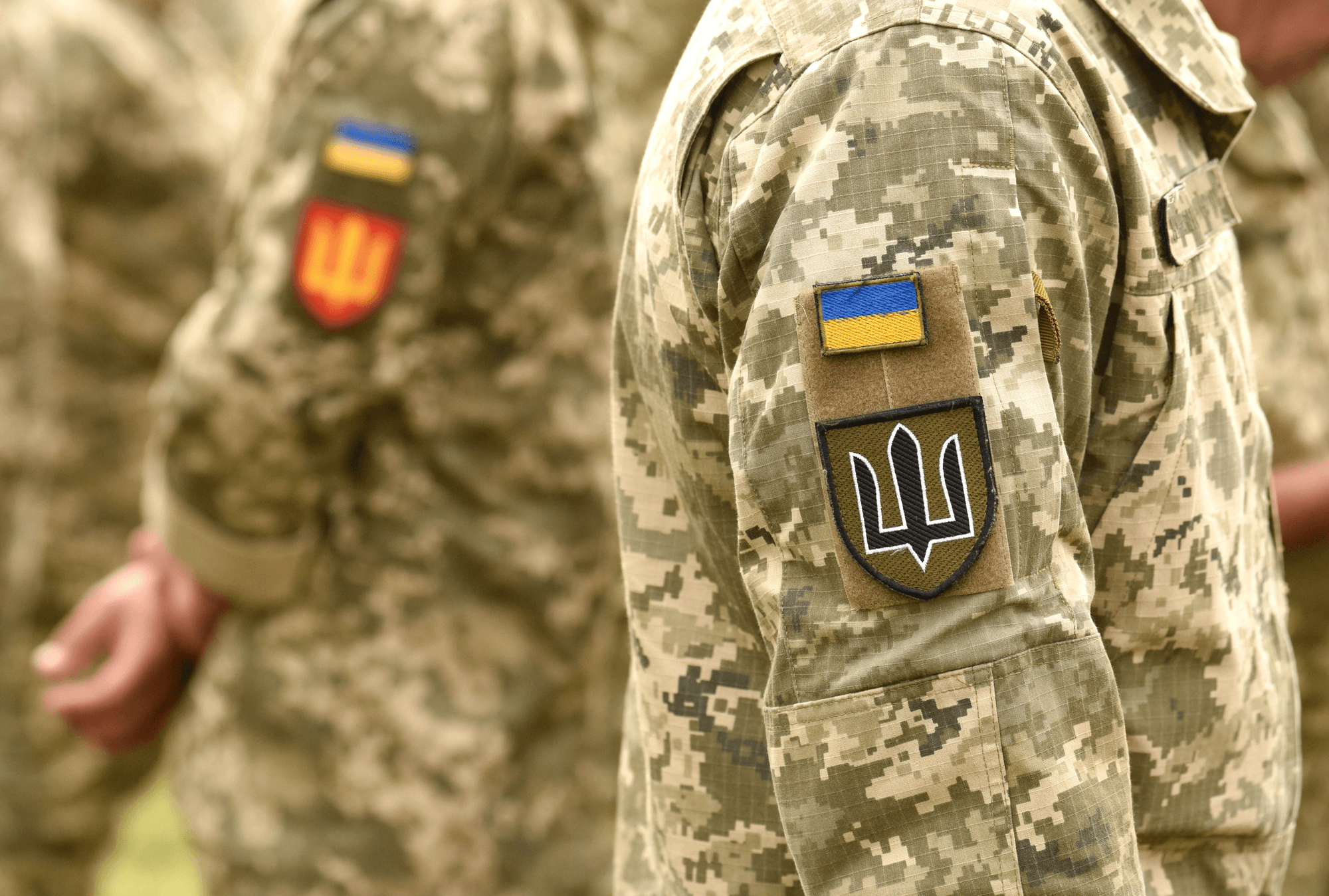The conflict with Russia will escalate. And Ukraine has to withstand it mostly by itself. It is obviously weaker than Russia, so it has to be inventive.
On November 19th KyivPost organized a third Tiger conference to discuss the developments on Ukraine one year after the start of the Maidan. The first two panels were naturally devoted to the war – the “hot” one and the information one. Below I present a brief summary of the discussion in these panels and my comments on the issues.
The New Security Paradigm
Speakers: Pavlo Klimkin, the Minister of foreign affairs of Ukraine, Lt. Gen. Mark Hertling, the former commanding general of US Army in Europe, Col. Gen. Ihor Smeshko, chairman of the Joint Intelligence Committee by the President of Ukraine, and Joseph LeGasse, intelligence and defense expert.
General summary. My impression was that Ukrainian speakers mostly talked about the existential issues, and also about what EU and US should do, while foreigners were more pragmatic and talked primarily about what Ukraine should do. Each side was hinting that the other side does less than it should in confronting Russian aggression. But everyone agreed that Ukraine has to reform.
Key points of the speakers.
Mark Hertling:
-
- There will be an escalation of the conflict because Putin cannot afford to lose and to be humiliated. Now Putin is partly defeated so he wants to move forward. The next six months will be critical in this conflict. Through this conflict, Putin is testing the West.
- Now Ukraine has a unique opportunity for rapid transformation of its security system because it is always easier to reform the army, defense industry and security service when a country is at war.
- Exceptional courage of Ukrainian troops is a symptom of disease of the Ukrainian army (bad intelligence, equipment and management). Before the conflict, Ukraine has been doing too little to protect itself – its military spending was just 0.8% of GDP.
- The easiest way to raise the army efficiency is to develop special forces (as Gen. Smeshko added, special forces consume 5% to 8% of the army budget but do 90% of the job).
- Security is not only the army. It is also information, economics and diplomacy. Ukrainian diplomatic effort is not sufficient. Media coverage of Ukraine in US is also rather weak. For example, US media report about bravery and courage of Peshmerga fighters but nothing of this kind appears on Ukraine.
- US President already views Russia as a generator of chaos (and not only in Ukraine). But he is reluctant to be more active in the conflict because the trust between US and European nations (among them Ukraine) was eroded by too small military spending of both Ukraine and the European countries [they probably hoped to free-ride on US military spending – IS].
- US President cannot be focused on Ukraine because other countries in Europe are asking for US help too. Instead, NATO’s Secretary General Phillip Breedlove is focused on Ukraine, and he could offer some assistance – for example, education of officers.
- Ukraine is not helping itself. Lack of trust of people to government is a vital problem.
Ihor Smeshko:
- The West was not prepared for Russian aggression and has no policy to counteract it. The world is afraid to officially recognize that it is not Russia-Ukraine war but the war of Russia against US and their Western allies. Also, Ukraine’s success would be the end of Russian governing system – so it’s a personal issue for Putin.
- Ukraine has invested the most into the international security system by giving up the third largest nuclear arsenal in the world. Now the world has to pay back by helping Ukraine at least to monitor its border. OSCE is helpless in this respect.
- Western allies are asking Ukraine not to bomb incoming Russian military convoys because this would start the World War III.
- Ukraine needs the Western assistance in the form of military equipment (at least non-lethal one). The US has been the most cooperative on this issue .
- Putin has about 100 thousand trained and equipped soldiers (and about 40 thousand of them are currently near or inside Ukraine). So he can invade Kyiv but will not be able to occupy and hold the territory.
- An internal threat for Ukraine is another Maidan. And it will happen if the government does not fight corruption. The primary anti-corruption reform should be establishment of the proper corruption-fighting system – namely, prosecution and the Security Service.
- Gas transit has always been used by Russia to corrupt Ukrainian government.
- We need to reform Ukrainian military doctrine (and to name Russia an aggressor).
- Military counterintelligence should be a part of the army (now it’s a part of the SBU, which is a nonsense).
- Ukrainian national idea is “God – freedom – family – homeland”, and for Russia it’s “God – Tsar – motherland”.
Joseph LeGasse:
- President Poroshenko said that Ukraine is ready for war. That is not true because no country is ever ready for war. Ukraine cannot be ready for war with Russia because Russia has nuclear weapons. But Ukraine has to show that it is ready to fight.
- Not only the troops should be ready for war, but the government too. And this is the problem.
- It’s not Russia against the world, it’s Putin against the world.
- Ukraine is not a priority for US. It’s a proxy. Every side (the West and Putin) views Ukraine as a part of a global security construct, not as a self-contained party.
- International community needs some commitment from Ukraine. Ukraine has to show that it “has some skin in the game”. No one would invest in Ukraine if Ukrainians don’t invest in it. So, all the citizens and businesses should invest in their country and their army – otherwise, they would not get any outside support.
- Reforms are badly needed on the part of Ukraine. And the reforms should include:
- Forming a vision of the country;
- Fighting corruption and oligarchs. This would provide money for reforms and for the war. Business can help fight the corruption by exiting all government contracts and singing them again – on a competitive and transparent basis.
- In the security sector, Ukraine should appoint a secretary of war, train and use special forces. Cyber security is also very important.
- Do not underestimate support of Putin inside the Europe. Many parties in UK, Belgium, Germany, Hungary and other countries are supportive of him. His allies are also China, Turkey, Iran, a number of Asian and African countries.
- Don’t talk too much about “Western culture” and “Western values”. By doing this you alienate about 200 other countries of the world. China and India are very powerful now and Putin would probably listen to China. In return, China can be promised to obtain Ukrainian land for agricultural projects.
- Play on Putin’s weaknesses. For example, Muslims who in large numbers live now in Moscow and St. Petersburg are not satisfied with treatment they get from the Russian government.
Pavlo Klimkin:
- Security is mainly about trust and rules. Now there is no trust into the international security system (US, NATO). The rules are still there, but Russia is testing the West, whether it can enforce these rules. Ukraine is a crash-test for the world security system, for sticking to the rules.
- Ukraine is a place for clashes of civilizations. And Russia pretends to have created a non-existent “special civilization” to which Ukraine should belong. Ukraine is historically and mentally a European country – and we need to send this message both through traditional media and through social networks.
- Ukraine has to build an institutional capacity for security. Reforms are needed to make Ukraine sustainable.
- The first challenge for Ukraine is its ability to be present as a real player with global ambitions.
- OSCE is not helpful. No international organization is ready to stand by us. So we have to become indispensable in the region through a system of bilateral and multilateral agreements.
- For Ukraine, it’s now or never. So we have to be inventive, and exploit both our strengths and weaknesses. We have a big human potential.
- Ministry of foreign affairs is working 24/7.
Information war
The Russia has led “the most amazing information warfare blitzkrieg we have ever seen in the history of information warfare” ( Phillip Breedlove, NATO Secretary General)
To subdue the enemy without fighting is the acme skill (Sun Tzu)
Speakers: Paul Niland, the managing director of PAN Publishing, Macon Phillips, the Coordinator of the Bureau of International Information Programs at the US Department of State, Dmytro Kuleba, Ambassador-at-Large for Strategic Communications of the Ministry of Foreign Affairs of Ukraine, Ariel Cohen, director of the Center for Energy, Natural Resources and Geopolitics at the Institute for Analysis of Global Security, Timothy Ash, head of Emerging Markets Research, Standard Bank.
General summary. The key point that all speakers reiterated is that Putin is changing the rules of the game in favor of Russia. It destroys the network of international treaties, established ideas and conventions. This is a strategic threat to US and EU. Ukraine does not have as much resources as Russia (which spends over $300 million for Russia Today), so it has to be smarter. Namely – deliver its messages through opinion leaders rather than paid media reports, and extensively use social networks.
Key points of the speakers.
Paul Niland.
- For outsiders, it is hard to understand who is right in this conflict because they believe that propaganda from both sides is intense. The volume of information is overwhelming, so very few people are able and willing to investigate what is really going on in Ukraine.
- There are three purposes to the information war: (1) to cover the truth; (2) to prepare Russians for the war; (3) to encourage “volunteers” to join the hot war.
- The strongest messages of Russian propaganda:
- fascists and extremists in Ukraine;
- violent overthrow of democratically elected leaders;
- the US funded the revolution to the tune of $5 billion;
- MH17 crash is being used for political purposes;
- The West started all this by trying to pull Ukraine from Russia’s orbit. So Russia is only responding to aggressive actions of the West;
- Russia is not a party in this conflict.
- Russia is presented as a victim of “Russophobia”.
- Russian media continue to encourage this war, so the hot war will go on.
Macon Phillips
- A US web-site examiner.com published a list of Russia’s top ten lies in spring, and that number grew to 100 by August. Stopfake.org is also working well. But the best way to counteract the information war is for Ukraine to succeed.
- Russia does not believe that Ukraine can succeed on its own. But US think that it must. Here Ariel Cohen commented that Putin also thinks that Ukraine can make it – and he is scared of this.
- The best way to fight propaganda is to tell the truth. But the source of the truth matters – this should be a reputable media or expert.
Dmytro Kuleba
- Russians believe that Ukraine won the information war in the entire world except for Russia;
- Russian media created an alternative reality and report from that reality. In the case of Tymoshenko, Yanukovich also created an alternative reality.
- Russians have no red lines in the information war;
- Mr. Kuleba and his colleagues try to change the communication culture of Ukrainian authorities – primarily from MFA and the Defense Ministry. Among other, they train communication skills of Ukrainian ambassadors with the help of the UK foreign office.
- Their information strategy includes the following ingredients:
- Credibility (so officials should focus on the truth);
- Availability (government officials should talk to media. Now many of them are afraid to do that);
- Engagement – distribute information not only through public media but also through private resources and civil society. A good example is Ukrainian Crisis Media Centre;
- Message discipline (consistence);
- Money.
- unlike Russia that uses the weapons of mass destruction (Russia Today, Internet trolls etc.), Ukraine tries to reach opinion leaders and communicate through them. They are also actively using social networks. For example, they created pages of Pavlo Klimkin in vkontakte and in other networks.
Ariel Cohen
- Ukraine is fighting its war on independence, and information is one of the battlefields.
- Ukraine has to fight for itself in this war. “Saving the sinking is to be done by themselves”.
- What is the audience of Russian propaganda?
- It is still a part of Ukrainian domestic audience;
- Russian speaking population everywhere in the world;
- The audience of Russia Today are extreme lefts and extreme rights. For example, in France RT supports Marine le Pen, whose presidency would mean the end of the EU;
- Ukraine should find an asymmetric message to each part of the audience “cultivated” with Russian propaganda. For this, Ukraine should educate decision-makers and opinion-leaders abroad. For example, recently elected Republican senators from central US states know practically nothing about Ukraine.
- Russia is currently creating a network of pro-Russian organizations similar to Comintern in 1920s-1930s or those working in the Western countries in 1970s-1980s.
- Now Russia is challenging the post WWII international arrangement which implies that US dominates Western Europe;
- Obama “reset” policy suggested that Russia would and would play a larger role on the Post-Soviet territories by assuming more responsibility. But Russia interpreted this as a weakness of the US because Russia does not understand partner relations, it believes only in the zero-sum games.
- A good strategy for Ukraine and for the West would be (1) to support anti-Putin people in Russia; (2) to use Ukrainian emigrants to inform decision-makers and opinion leaders abroad; (3) to widely use social networks.
Timothy Ash
-
- Politicians in the West have known what was going on very well – they were informed by their embassies. However, the media coverage changed dramatically after the MH17 crash. Before that Western media tried to be “balanced” and showed Ukraine as a country divided into Russian-speaking East and Ukrainian-speaking West, with these two parts clashing between themselves.
- The infiltration of Russians in the West is huge. And this is a huge threat for the West.
- Europe cannot be a leader, so US has to.
- Ukraine should send two messages to Russians: (1) the campaign is not anti-Russian and (2) Ukraine is willing to fight back;
- Now it is a favourable time for reforms in Ukraine – the population is united and is willing to bear the cost of reforms. So Ukraine needs to set ambitious goals and achieve them. In 1994, when Copenhagen criteria were developed, Eastern European countries were promised EU accession if they comply with these criteria. No one in 1994 thought they ever would. But ten years later these countries complied with the criteria, and so EU had to accept them.
- Ukraine has done everything the West asked it for: paid for the gas, did not restructure state debt, did not bomb Russian military convoys etc. But the West is not doing enough to stop Russia. The IMF program is not enough to help Ukraine – it needs more money for macroeconomic stabilization and for structural reforms.
- The message that Ukraine should send to the world is: this is a new Ukraine, so forget what was before. If the West does not help Ukraine with macro stabilization and reforms now, later the price for it will be much higher. Ukraine is too big to fail.
- The West does not know who will replace Putin (there can be someone much worse). So it should focus not on overthrowing Putin but on helping Ukraine because Ukraine is fighting for European values.
A comment from an OSCE representative:
- Ukraine needs to encourage Western journalists to come here. Often, they have access to sites to which Ukrainian journalists do not. But now Western journalists are busier with ISIS.
- Ukrainian ambassadors should be given more power to speak to media.
More information on the conference can be found at the KyivPost web-site and in these links :
Global experts sayUkraine needs new security paradigm, end of corruption to fight Russia
How to fight information war with Russia
Healthierbusiness environment vital for capturing new markets
Ukrainian,Western experts debate how to stop Putin
Speakers:Credibility, success are keys to winning information war with Russia
Pyatt:’The greatest single risk factor is business as usual’
Multimedia
The TigerConference: A day for exploring solutions to Ukraine’s challenges
Attention
The author doesn`t work for, consult to, own shares in or receive funding from any company or organization that would benefit from this article, and have no relevant affiliations



